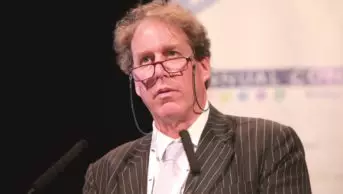
Shutterstock.com
So far 2015 seems to have been full of reflections. Earlier in the year, my continuing professional development records were called by the pharmacy regulator General Pharmaceutical Council. Most of my entries were complete, but there was the inevitable tidying up, and reflecting on how my practice had changed as a result of my learning.
Then there was the first-year report for the university. I am now a year into my part-time PhD study, and progress had seemed slow. That is until I went back over the year and identified the various new skills and information I had learnt and used, and realised that perhaps I had come a lot further than I gave myself credit for.
Currently, I am trying to pull my appraisal documentation together, reflecting on my activity over the past year and where I want to go in the future.
All of the above are formal reflection — written down with the knowledge that other people will read it. But there are other reflective activities that could benefit my career.
As a scientist and clinician, I happily deal with facts, but emotions and thoughts are different. When I started the prescribing course I found this to be one of the most difficult aspects.
I remember talking about reflective thoughts with my medical supervisor and he made the point that clinicians spend a lot of time reflecting, but they do not document it. For example, that prescription I reviewed: did I miss something, what else could I add? Or that conversation with the patient: did it go as intended, how could I do better next time? There are probably few occasions in my line of work that do not involve some degree of reflection.
But it does not finish there. I recently attended a consultant pharmacist ten-year anniversary meeting, and had the pleasure of listening to a variety of talks. They highlighted the work being done by different pharmacists, but also the future direction consultant pharmacists could take. This was another type of reflection: where were we, how have we developed, where are we going — not on an individual scale, but on a national one.
So I return to my paperwork, trying to condense into a few words what I have learnt over the past year and how I have developed. I also have to think ahead: where am I going next, what do I want to achieve (and by when), and what other skills and knowledge do I need?
I work in a general critical care unit, and we do not know what the next patient will present with. So my learning tends to be reactive, such as what is the best approach to treat a patient with Parkinson’s disease who is nil-by-mouth? It is important that I take time out to reflect afterwards and document some of these cases so that the learning points stay with me.
Emma Graham-Clarke, MPhil, MRPharmS, FFRPS, is consultant pharmacist for critical care at Sandwell and West Birmingham Hospitals NHS Trust.


